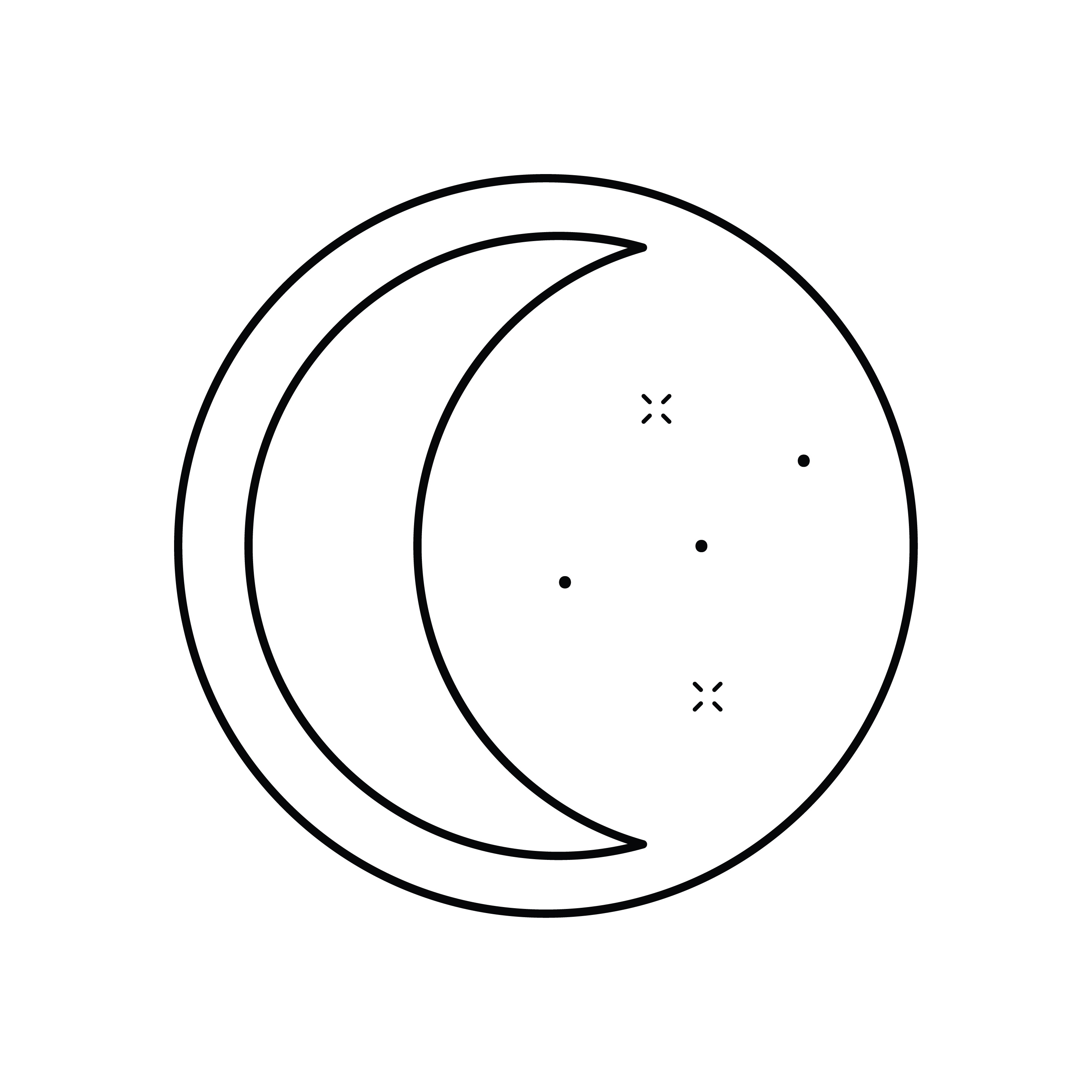Original Post from October 24, 2020
The paradigm on which our culture is based – the capitalist, utilitarian, anthropocentric paradigm – is leading us to an ecological disaster, along with increasing human misery. I’ll continue with this for just one more post, to add another illustration of how the story we were told is not the truth. After this, I’ll shift my focus toward building an alternative paradigm. No matter how ecological or spiritual we are, we all were raised on the same basic concepts: that capitalism is the best engine of prosperity that has ever existed, that under it has improved immeasurably, that immediate personal gain is an effective motivation, and that there is no other viable motivation on which to base a complex society . At the very least, we grew up with the notion that our method works – that it satisfies needs and generates legitimate profits.
We are not told that if industries had to bear the cost of the resources they consume and the pollution damages they produce, no major industry would be profitable.
Even without a careful study, it is clear that everything we produce or consume contains much work and many costs that are invisible.
Everything.
Most people think that disposable cups are problematic because they take so many years to decompose – we don’t think at all about the production process, the extraction of oil, the manufacture of plastic from the oil (paper cups are also coated with plastic), packaging (more plastic), shipping, and everything else. The internet is usually thought of as a clean technology, while the ever-increasing servers required to process the signal exchange and store the accumulated data are absent from our consciousness. All these servers need electronic components and constant cooling that consumes energy and emits heat to the environment, beyond the energy they consume themselves. But little by little the illusion is beginning to crack. Some of us are finally starting to hear about the pollution involved in the food, fashion, and electronics industries, and even in the production of “green” technologies such as rechargeable batteries and photovoltaic cells. We are beginning to understand that even the internet carries a heavy environmental cost.
We are finally also hearing about the human cost of all kinds of industries, and how difficult it is to maintain a supply chain free from poor labor conditions and even slavery. At the same time, we are told that global poverty is shrinking, that fewer and fewer people are forced to live on less than two dollars a day (this is usually the point of reference). But there is a huge difference between less than two dollars a day within the western economy and less than two dollars a day in the diminishing regions outside of it, where basic needs and more are provided directly by intact environment and community, and are not limited by currency.
Beyond externalities and forced labor, our society relies on a lot of voluntary invisible work done without monetary compensation and without inclusion in economic calculations. Foremost is the work of parents, usually mothers, which is the foundation of every society. But anyone who takes care of family or friends, anyone who contributes something that is not commercialized, is taking part in the unmeasured economy, without which the measured economy could not exist. (Marilyn Waring explains it well.)
Just as humans act without financial motives, our very lives are made possible by the daily actions of plants, fungi, winds, ocean currents, micro-organisms, and on and on. Our economy is based on the belief that what is measured is what is important, that with proper planning we can manage everything, that we are independent and largely selfish creatures. We still believe of Descartes view that rational thinking is the basis of our existence. Like him, we fail to see that without the environment in which he grew up, he would not have thought that, if he had been able to think at all. Without everything we don’t measure, neither the economy nor life could exist. Economic thinking leads us to destroy the very basis of life, which is not counted, under the false assumption that this will somehow maximize everything that is needed.
The biosphere is a joint creation. Society is a joint creation. Even each of us is a joint creation. Once we see this, we can start to see on what basis it is possible to create a society – and ourselves – differently.
